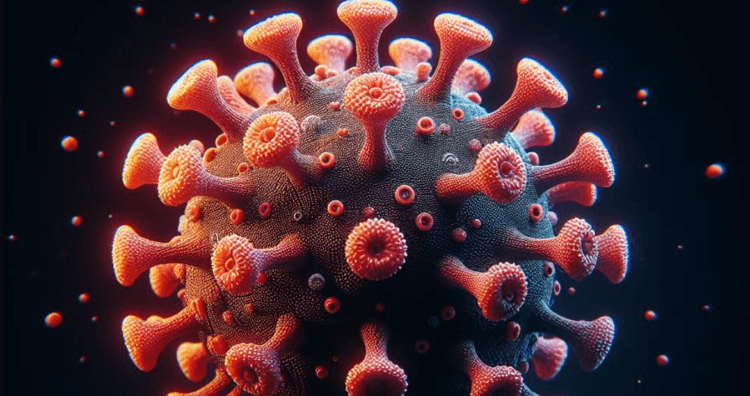Recently, scientists have discovered many ways to combat cancer, which have shown high effectiveness in laboratory conditions. But, unfortunately, most of them are far from being used in practice, but not all. Employees of the company Moderna, together with scientists from another pharmaceutical company MSD, have developed a vaccine against recurrent skin cancer (melanoma). It is currently undergoing the third stage of clinical trials. This means that a vaccine may soon become available for use. Moreover, «on the way» vaccines from other companies from different countries.

mRNA vaccine for melanoma is undergoing the third stage of clinical trials
mRNA vaccine for skin cancer
mRNA vaccines have been in the spotlight since the outbreak of the Covid-19 pandemic. It is this type of vaccine that has been used around the world to bring the pandemic under control. At the same time, everyone learned about the existence of the Moderna company, which is currently developing cancer vaccines.
Let us recall that we previously talked about the use of mRNA technology for the treatment of cancer. It has shown high effectiveness, and even helped a patient with the last stage of incurable cancer survive. However, we were talking specifically about the treatment of cancer, and not vaccination. And it will take a long time before this technology is approved. Moreover, this will happen only if all tests are completed successfully.
In this case, we are talking about a vaccine that will be used after the patient has completed a course of therapy. The first person to have already received the mRNA vaccine was a British man, 52-year-old musician Steve Young. He had previously had stage 2 melanoma removed and was told that the vaccine was his “best chance” of preventing the disease from returning.

MRNA technology has already shown effectiveness in the fight against cancer
How the cancer vaccine works
The new vaccine is called mRNA-4157, or V940. It works the same way as the COVID vaccines. Let us recall that the latter provide the body’s cells with a set of programs that teach them to synthesize certain viral proteins. The immune system, in turn, learns from these proteins to recognize and destroy the virus as soon as it enters the body. Thus, the vaccine prevents the disease from developing.
The cancer vaccine carries instructions that “teach” the body to synthesize 34 different proteins present in cancer cells, or rather — in melanoma cells. In this way, the immune system learns to respond to malignant cells in order to destroy them. Moreover, as scientists report, programs for protein synthesis can be personalized for each patient, and thus increase efficiency.
The vaccine is intended to be taken together with the drug Keytruda (pembrolizumab). This drug affects the cancer's defenses, making it more vulnerable to immunity. As a result, the effectiveness of the vaccine increases.
It must be said that when developing V940, scientists used the experience they gained when creating a vaccine against COVID-19. Perhaps in the future, based on the same principle, scientists will be able to create vaccines against other types of cancer.

mRNA cancer vaccines work on the same principle as coronavirus vaccines
What is the effectiveness of cancer vaccines skin
Previous studies have shown that combining the vaccine with the drug leads to a 44% reduction in relapse rates. Accordingly, mortality is reduced 18 months after surgical removal of melanoma.
This result now needs to be confirmed in clinical trials. All participants will receive Keytruda, but none of them, and none of the doctors monitoring the patients, will know who the scientists are giving the vaccine and who the placebo. This will ultimately allow you to objectively evaluate the effectiveness of the V940.

In the near future, medicine will be able to more effectively fight cancer
Finally, let us remind you that not only American scientists are developing vaccines against cancer. We previously reported that Russian researchers are also close to creating two vaccines at once, which are also based on mRNA technology. In addition, BioNTech has begun clinical trials of its vaccines, which should be available by 2030.
Don't forget to subscribe to our Zen and Telegram channels so you don't miss the most interesting and incredible scientific discoveries!
Obviously, in the near future medicine will be able to significantly increase the effectiveness of the fight against cancer. However, it cannot be said that oncology will be completely defeated. However, the vaccines are not yet 100% effective. We can only hope that scientists will not stop there and will soon offer even more effective treatment methods. But you definitely shouldn’t count on this in the near future.